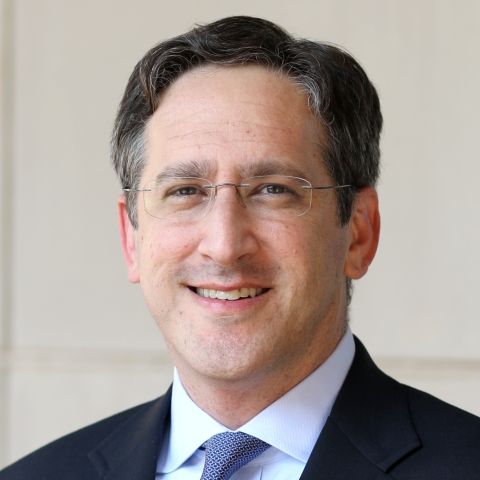

It has become increasingly common in recent years for conservative Christian thinkers to describe cultural and legal conflicts in terms of a battle between Christianity and what they call the “paganism” of secular liberals. The idea that Western democratic societies face an existential choice between Christianity and paganism belongs initially to T. S. Eliot. In recent work, and in his book, Pagans and Christians in the City, Steven Smith develops and advances Eliot’s argument for a Christian society. In response, we argue that Jews are neither Christians nor pagans. The contrast between these two categories is falsely presented. The Jew, or at least a certain conception of the Jew in the American experience, provides a powerful counter-example to the categories used by Eliot, Smith, and others to construct their conceptions of a Christian society. But once the Jewish idea becomes clear, it is possible to reframe the choice of society. It is not binary: Christian or Pagan? It is ternary: Christian or Pagan or Jew?